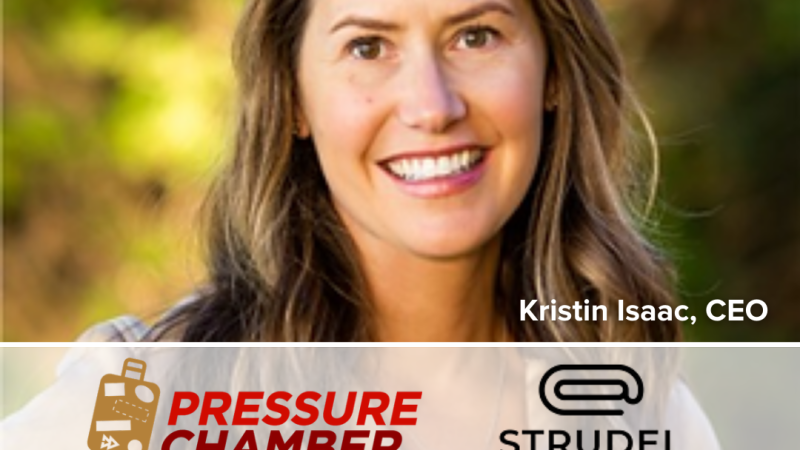A Madison-based startup called Strudel has won this year’s Pressure Chamber pitch competition with its AI-based tech support platform. The contest was held yesterday afternoon at The Sylvee music venue in Madison as part of Forward Fest, an annual event series focused on entrepreneurship and technology. Strudel’s co-founder and CEO, Kristin Isaac, beat out four other competitors for the gra...
Please log in to access subscriber content.
If you don't have a subscription, please contact schmies@wispolitics.com for subscription options on the WisPolitics-State Affairs platform, which is the new home for WisPolitics subscriber products.

